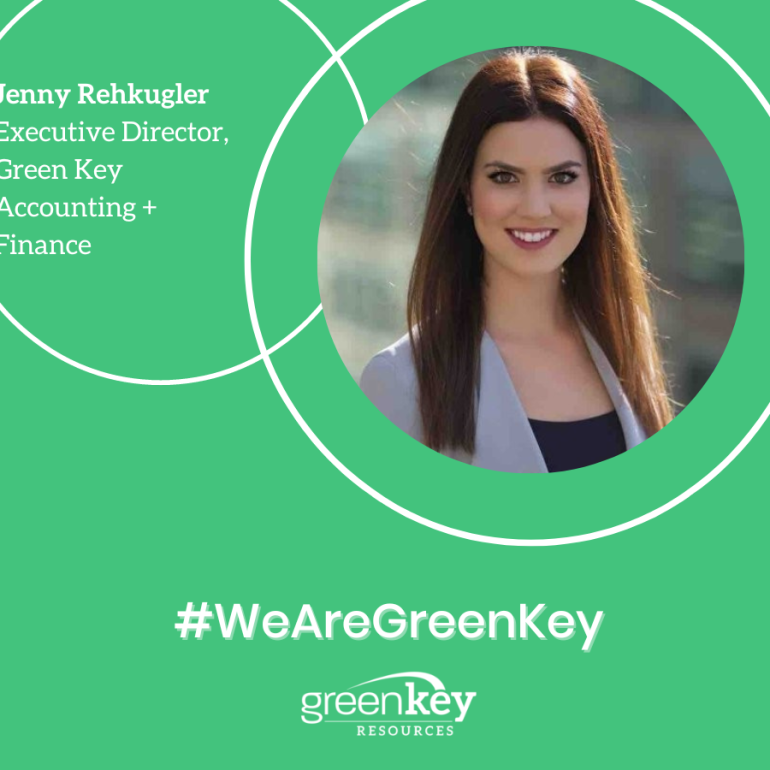Three more states are considering allowing out of state accounting firms to provide services without the need for the firms to register or obtain state licenses.
Already 30 states have CPA firm mobility laws, allowing them to practice without having to provide notice to each state’s accountancy board. That puts firms on the same footing as individual CPAs who can practice in all 50 states without having to be licensed in each.
“A big priority for the AICPA now is firm mobility, which ensures firms can also work from state-to-state,” said Marta Zaniewski, AICPA vice president, state regulatory & legislative affairs. “It’s equally important that clients and the public have access to various firms’ subject-matter expertise and services that may or may not be available to them in their home jurisdictions.”
The Association of International Certified Public Accountants in partnership with the National Association of State Boards of Accountancy is working collaboratively with the legislatures of Alaska, Maine and Oklahoma where firm mobility bills have been introduced.
“We try to push forward the UAA model everywhere, but every state will do it their own way, and there are probably slight differences in different jurisdictions,” Zaniewski told The Journal of Accountancy.
The Uniform Accountancy Act (UAA) was developed by the AICPA as model legislation for all states. The 30 states that now have firm mobility laws in place follow the broad strokes of the UAA, though most have made minor adjustments to fit their individual needs.
Licensing of professionals and occupations has itself come under scrutiny in recent years, with several states considering loosening requirements. To address the lack of hard data about the value of licensing, the Alliance for Responsible Professional Licensing (ARPL) last year commissioned a study of the impact of professional and occupational licensing.
Among the key findings in the recently published report is that licensing of the highly skilled professions – lawyers, doctors, engineers, accountants and the like – improve earnings overall, but have a better than average benefit for women and minorities.

Licensing, the Oxford Economics research firm found:
- Positively contributes to narrowing the gender-driven wage gap giving men an average 5.6% boost and 7.4% for women;
- Female engineers, surveyors, architects, landscape architects, and CPAs can expect a 6.1% hourly wage increase on average after becoming licensed in their field.
- Minority engineers, surveyors, architects, landscape architects, and CPAs can expect an 8.1% hourly wage increase on average after becoming licensed in their field.
Observed Alice Gambarin, a senior economist at Oxford Economics, “[The] findings suggest licensing is an important economic tool for professionals.”
Photo by Hunters Race on Unsplash
[bdp_post_carousel]



